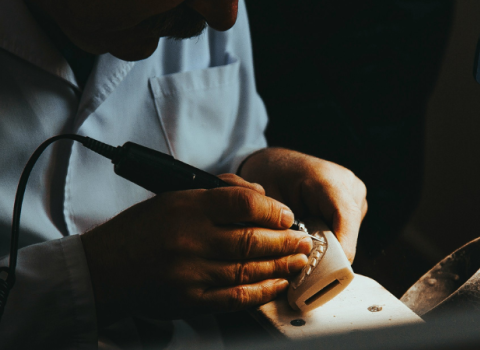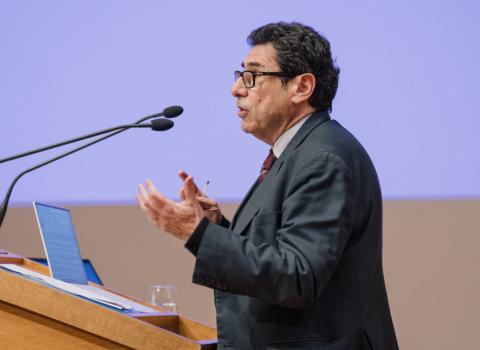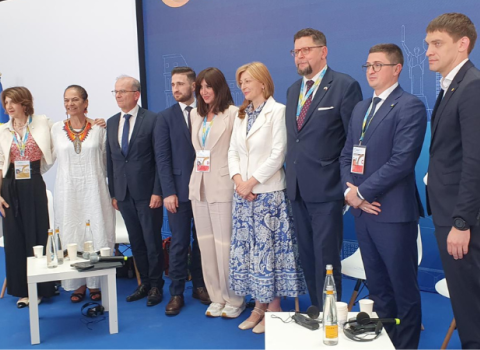The ACE Venture Lab bootcamp which was organised last week on the initiative of the University of Amsterdam's Research Priority Area Sustainable Chemistry held a pleasant surprise. Not just one but three of the participants were awarded financial support and mentoring during the startup of their chemistry-based businesses.
The jury was pleasantly surprised by the quality and viability of the proposals and decided to award three pitches of UvA chemistry researchers:
Monalisa Goswami, PhD student with Bas de Bruin of the Homogeneous, Supramolecular and Bio-Inspired Catalysis research group, plans to set up an enterprise that facilitates rigorous spectroscopy for the (chemical) industry, making use of the expertise and equipment of the Van 't Hoff Institute for Molecular Chemistry. This could greatly aid industry to make the shift towards more sustainable processes using first row metals.
Marissa de Boer, researcher and project manager in the group of Chris Slootweg (Synthetic Organic Chemistry) pitched the idea of shifting the production process for phosphate compounds from linear to circular. The proposed new route uses a waste product as a renewable starting material.
Simon Mathew, postdoc researcher at Homogeneous, Supramolecular and Bio-Inspired Catalysis research group, proposes to develop dyes and related chemical materials for application in dye-sensitized solar cells. He focusses on dyes possessing different, vibrant colors that exhibit excellent stability and high performance in the solar cell device. His initial target are small-scale solar generation devices such as phone chargers or self-charging wireless devices.
Intensive training
The prize winners were among PhD students and postdoc researchers selected by the Industrial Advisory Board of the Research Priority Area Sustainable Chemistry to participated in the fully-sponsored one-week bootcamp at the ACE Venture Lab. They received intensive training in all aspects relevant to turning their ideas into a business concept and attended a multitude of lectures and workshops focused on
- Turning Science & Technology into Business;
- IP and the University Technology Transfer Process
- Business Model and Value Proposition development; and
- Funding and Go-to-market Strategies.




 A unique international forum for public research organisations and companies to connect their external engagement with strategic interests around their R&D system.
A unique international forum for public research organisations and companies to connect their external engagement with strategic interests around their R&D system.